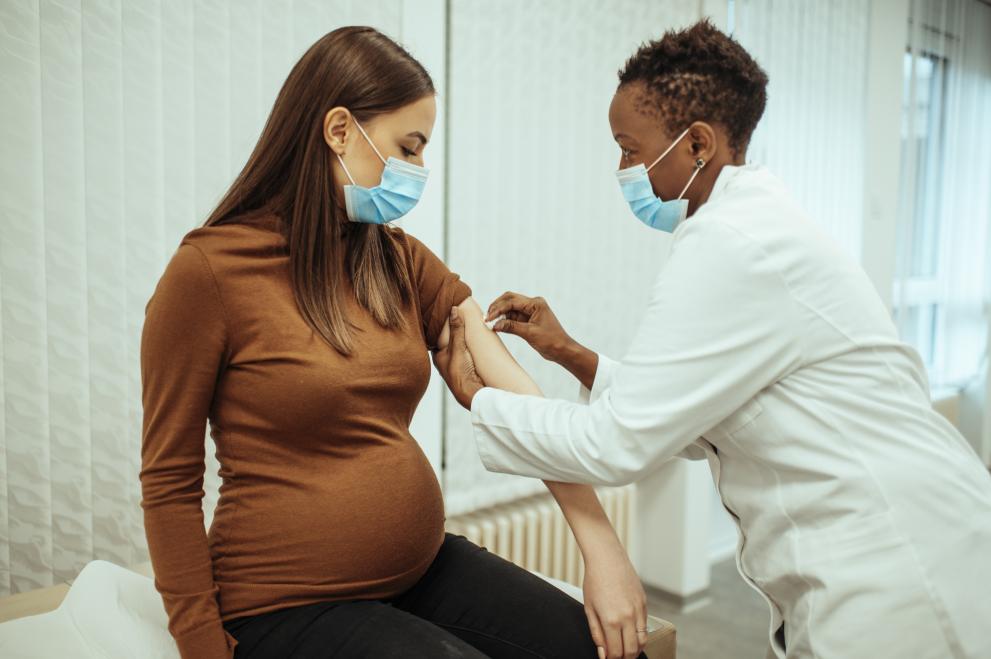Protecting the most vulnerable through timely pertussis vaccinations

Pertussis — or whooping cough, as it’s more commonly known – is a bacterial disease involving the respiratory tract, which spreads easily and notably through droplets produced by coughing or sneezing. Whilst the most severe forms of whooping cough are in infants, it can be contracted at any age. Several European countries have reported an increase in the number of pertussis cases compared to the pandemic period. The best way to prevent whooping cough is to stay up to date with the recommended vaccinations against it.
Get vaccinated: make vaccines work

Vaccination during pregnancy and timely administration of the first dose of a pertussis-containing vaccine to infants have proven effective in protecting newborns. The pertussis vaccine is usually given in combination with diphtheria and tetanus vaccines (and often in combination with other vaccines).
A primary course of two or three vaccine doses is usually given between two and twelve months of age. A third/fourth dose is recommended at 11–24 months of age and another dose between three and six years of age, as per national vaccination schedules in the EU/EEA. Some countries also recommend boosters during adolescence and adulthood.
Contact your healthcare professional to find out more.
Addressing misinformation and disinformation
Your child’s healthcare provider is best placed to answer any questions about vaccination that you may have.
Pertussis vaccination offers good protection against severe disease and death. Remember, before any vaccine is approved for use in Europe, they must undergo rigorous safety testing and demonstrate that the benefits outweigh any potential risk.
